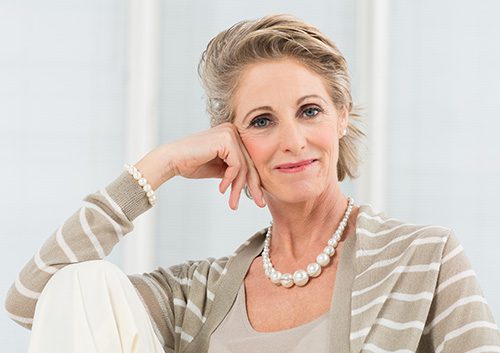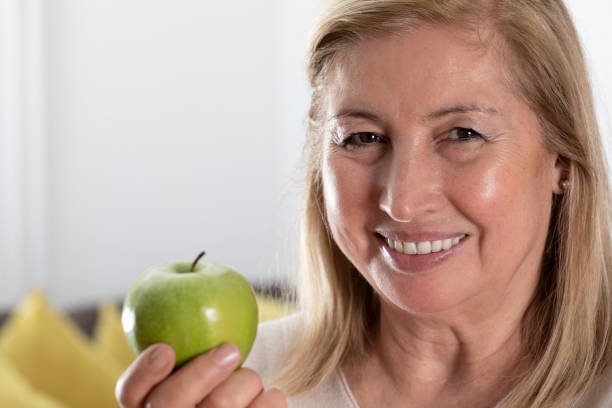Are you afraid of the dentist?
I had a kid who came in not too long ago. Joseph, who came in, and he hadn’t been to the dentist since he was 7 or 8 years old. And now he was 25, he had just graduated from college and he had neglected his teeth during college. He said he drank a lot of Coke and didn’t eat right, so a lot of his teeth were rotting. And he had an abscess tooth, and he came in and he was just shaking the whole time. And we ended up just talking first visit and then he agreed to an examination, but we ended up we did sedation for the exam. And then we had him come back.
So sometimes it means more appointments at first, just to gain the patients trust. We had him coming back for a consultation and then afterwards, he agreed to the treatment. We sedated him. We were able to do a couple root canals for him and we rebuilt his teeth and put some crowns on there, so that now he can chew normally. And the big reward for that was when I called him later, the next day, to see how he was doing, he said, “Doc, I didn’t have any pain afterwards. I don’t remember anything, except the dream I was having. And you know what? I have to say it was actually enjoyable, which is really weird because I would have never said that 2 weeks ago.”
So I was like, “All right, well good.” But you know you hear that and then you’re like, it’s exciting because you’re like, “Wow, this is a big deal for these people and to be able to do this for them.” I give a lot of credit to my staff. I like to say, “You’d like to feel…or I did the work,” but my staff is what drives these people in. My staff is what allows these people, they bond with my staff. They like coming in and talking to my staff. It’s sedation dentistry for instance, we can sedate people.
Now, we have nitrous oxide in our office. And that’s sort of a low level type of sedation that a lot of people use, just because it makes them feel high and just makes the time go by faster. But we have other ways to make people…because that doesn’t work for everybody. Some people can breathe it. It’s like, “Oh, I don’t feel anything.” Especially if their adrenaline is really running.
So we can do things where we can prescribe medication before they come in, the night before and the day of the procedure, that relaxes them. And actually will, in some instances, actually almost put them to sleep. Where we can do their dentistry, whether it’s a cleaning, whether it’s an exam, or if they need more work, do it in a timely fashion. Do it so they have zero memory of the procedure, which is great because a lot of what their fearing is the memories. And so, by being able to do a procedure on them and then they can’t remember the procedure but they got their tooth fixed, really helps them over that first hurtle and then we can go from there. It’s really exciting.
As far as is the amount of appointments with somebody whose fearful, because a lot of times they just want to get it over with too and they just like to have 1 appointment.
We tailor the treatment plan based on their needs, wants and desires. They’ll get a treatment plan. As far as how many appointments that takes, that’s up to them. I leave that up to them. We can do it all at 1, if it’s possible. We can do it in a number of appointments. Stretch it out over a period of weeks, months. Some people occasionally will have patients who will have to do it, maybe because of financial reasons. They’ll maybe do, this part this year and we’ll do this next year. And we’ll maximize their insurance for them and help them out that way.
So we don’t charge extra for more appointments or anything like that. All we do is, we just try to help them so that they can get optimal help. Because that’s our goal, is to make them healthy and make them start thinking that we’re just regular people like they are and they don’t have to be afraid of us.



